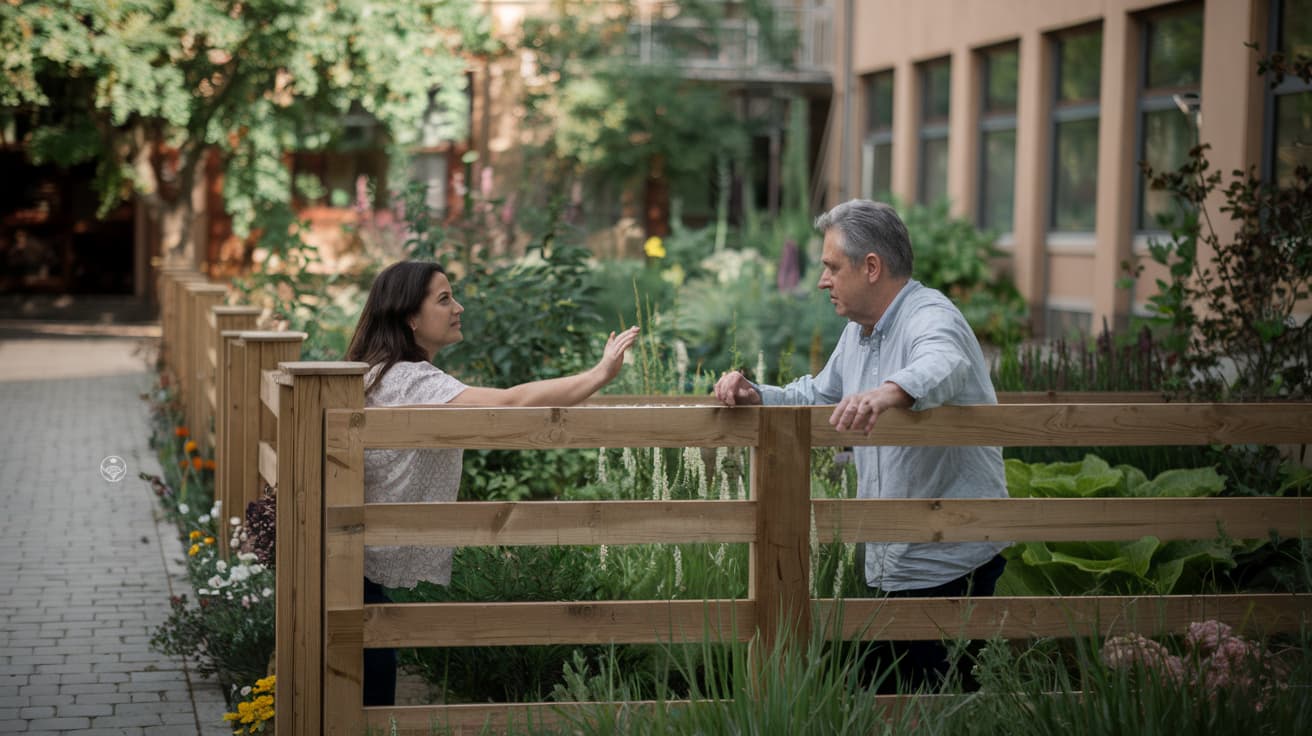Improving Neurodivergent and Neurotypical Communication: Bridging the Gap
Picture this: Akira, a neurotypical (NT) partner, enthusiastically recounts their day, detailing the chaotic office printer saga. Mei, their neurodivergent (ND) partner, nods along while hyperfocused on sorting their sock drawer by colour gradient (because priorities). Akira feels ignored; Mei wonders why Akira doesn’t appreciate the beauty of perfectly arranged socks. Welcome to the wonderful world of improving neurodivergent and neurotypical communication, where differences collide in the best (and occasionally most perplexing) ways. While ND and NT individuals often have distinct communication styles, finding harmony is entirely possible, and worth it. Let’s dive into the challenges, strategies, and a bit of light-hearted wisdom for navigating these unique dynamics.
Understanding the Challenges of ND and NT Communication
Different Communication Styles
ND individuals might prefer straightforward, literal language, while NT folks often rely on nuance and “hints.” Imagine an NT saying, “It’s a bit chilly in here,” expecting their ND partner to fetch a blanket. Meanwhile, the ND partner wonders why their partner is sharing the weather forecast indoors.
Sensory Sensitivities and Overwhelm
If you’ve ever seen an ND individual retreat from a loud party to find solace in the bathroom, it’s not because they’re antisocial—it’s sensory survival. NT individuals might not realise how draining certain environments can be.
Unlock peak brain performance with science-backed biohacks. Join free now & get your guide for just £4.99 (45% off)!

Masking and Exhaustion
ND individuals often mask their natural behaviours to “blend in.” It’s like wearing an uncomfortable outfit all day. Eventually, you just want to go home, put on pyjamas, and go on a spree of your comfort show. NT individuals might misinterpret this as withdrawal or lack of interest.
Unintentional Missteps
NT individuals might accidentally dismiss ND needs (“Come on, it’s just a little noisy!”), while ND folks might miss social cues (“Wait, that joke wasn’t a genuine question?”).
Strategies for Improving Neurodivergent and Neurotypical Communication
Learn Each Other’s Preferences
Forget mind-reading. Sit down, have a chat, and figure out what works. Akira might explain they need verbal responses during conversations, while Mei shares that multitasking helps them focus (yes, even during sock organisation).
Reflective Listening
Listening isn’t just about nodding, it’s about showing you understand. For instance:
Akira: “My boss gave me this impossible deadline!”
Mei: “So you’re feeling stressed because of the tight timeline?”
This not only validates feelings but also prevents Akira from accidentally shouting into the void.
Create a Safe Space for Expression
Imagine a judgment-free zone where ND and NT individuals can openly discuss needs, like Mei admitting they need quiet time after work or Akira confessing they secretly love spreadsheets.
Be Clear and Direct
ND individuals appreciate clarity, so skip the cryptic hints. Instead of “We should do something fun,” try “Shall we go bowling at 7pm on Friday?” Bonus: nobody has to guess what “fun” means.
Real-Life Example: Friends Bridging the Gap
Take Ravi (NT) and Aiko (ND). Ravi loves spontaneous weekend plans, while Aiko thrives on sticking to a schedule so meticulously planned it includes tea breaks. After several misunderstandings, they decided to focus on improving neurodivergent and neurotypical communication in their friendship. Ravi now gives Aiko at least 24 hours’ notice for plans, while Aiko occasionally joins impromptu pizza nights when they’re feeling flexible.
Their efforts to improve communication have strengthened their bond, showing that even small adjustments can make a big difference in building bridges between ND and NT friends.
Tips for Navigating Specific Situations
At Work
If you’re ND, explain your preferred working style. If you’re NT, avoid vague instructions like “Make it pop!” Unless you want a disco ball on your project, clarity is your friend.
In Romantic Relationships
Celebrate your quirks! The organised partner can manage the calendar while the spontaneous one brings the adventure. Just don’t “surprise” them with a camping trip without clarifying there’s Wi-Fi.
In Social Settings
ND individuals might prefer a small gathering with close friends, while NT individuals thrive at bustling parties. Plan accordingly, or flip a coin if all else fails.
Building Empathy: What Both Sides Can Do
For NT Individuals
- Educate Yourself: Read about neurodivergence to better understand your ND friend or partner’s experiences.
- Respect Boundaries: If they need time alone or struggle in certain settings, honour their needs without judgment.
- Avoid Assumptions: Just because they’re quiet doesn’t mean they’re upset. Ask instead of guessing.
For ND Individuals
- Explain Your Needs: If you find small talk difficult or need extra processing time, share this openly.
- Practice Patience: NT individuals might not always get it right the first time. Gentle reminders help.
- Celebrate Wins: Acknowledge when your NT friend or partner makes an effort to accommodate your needs.
How Parents Can Help By Improving Neurodivergent and Neurotypical Communication
If you’re raising ND and NT siblings, encourage empathy by teaching them to appreciate each other’s unique strengths. Create family activities that cater to everyone, like sensory-friendly movie nights or group art projects.
Why Improving Neurodivergent and Neurotypical Communication Matters
When ND and NT individuals make the effort to understand each other, the rewards are profound. ND individuals feel seen and valued, while NT individuals gain a deeper appreciation for different ways of thinking. Together, these connections enrich relationships and build stronger, more inclusive communities.
Final Thoughts
Improving neurodivergent and neurotypical communication isn’t about eliminating differences, it’s about celebrating them. By embracing curiosity, patience, and empathy, ND and NT individuals can navigate their unique challenges and build connections that are as meaningful as they are rewarding.
So, whether you’re sharing plans, resolving conflicts, or just learning to listen better, remember: the effort you invest today can strengthen bonds for a lifetime.
Join Our Community
Looking for more tips and insights? Join the Herbal Biohacker Forums to connect with others navigating ND and NT relationships. Share your journey, ask questions, and discover a supportive community that values your voice.







